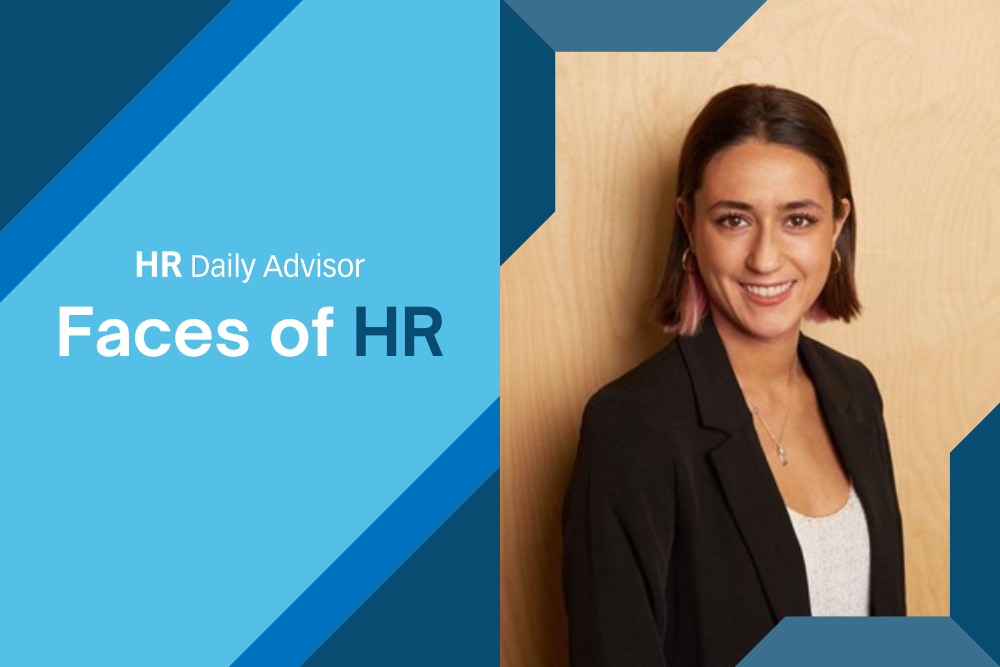Carmen Amador Barreiro is a passionate organizational psychologist dedicated to creating positive and inclusive workplaces. With a global perspective shaped by her multicultural upbringing, Barreiro brings a unique approach to her work, focusing on engagement, leadership, performance development, emotional intelligence, and diversity, equity, and inclusion (DEI).
Currently serving as the Community Lead for the Oyster People Builders Community, Barreiro empowers managers and professionals to navigate the complexities of remote and distributed work. Her expertise in psychometrics and facilitation allows her to guide individuals and teams toward authentic, inclusive, and thriving environments.
Beyond her professional career, Barriero is a dedicated advocate for women’s health and empowerment. She leverages her knowledge and skills to conduct workshops and coach women, helping them rediscover their power, embrace their magic, and apply these qualities to their professional lives.
Through her work, Barriero is committed to transforming workplaces and empowering individuals to reach their full potential. Her passion for building inclusive communities and her dedication to women’s empowerment make her a valuable asset to organizations seeking positive change.
In our latest Faces, meet Carmen Amador Barreiro.
How did you get your start in the field?
While working toward my master’s degree, I specialized in organizational and business psychology, which paved the way for my first role as a graduate business psychologist at Thomas International. In this role, I frequently collaborated with HR professionals, L&D experts, and leaders, developing customized solutions based on psychometric assessments (such as personality and emotional intelligence assessments) and organizational data. My job involved consulting on future action plans regarding organizational design, employee engagement, culture, DEI, talent management, and more.
This initial experience was my gateway into the world of work, exposing me to a variety of companies, leadership styles, challenges, and of course, potential solutions! After years of working as a business psychologist, including my time at Culture Amp where I supported HR professionals and leaders on engagement, culture, and performance management, I realized my passion extended beyond supporting others in their employee experience journey. I wanted to create a space where like-minded individuals could connect, learn from each other, and co-create solutions. This is exactly what the People Builders community at Oyster is all about—a space where HR professionals, L&D experts, future-of-work pioneers, and leaders can come together to tackle shared challenges and innovate solutions collectively.
What’s your best mistake and what did you learn from it?
My best mistake was saying “yes” to absolutely everything, which led to an overwhelming state of burnout that eventually caused me to quit my job and take a six-month break. While it was a tough experience, it was also incredibly enlightening. I learned the importance of setting boundaries, saying “no” when necessary, and managing my time effectively. This experience taught me to respect both my time and the time of others. It also showed me that setting boundaries and saying “no” at work doesn’t just benefit you personally—it also benefits your entire team. By modeling healthy work habits, you’re setting the standard for a sustainable and productive work environment.
How can HR most effectively demonstrate its value to the leadership team?
This is a continuous challenge for everyone in our HR community, which now boasts over 1,300 members! A common trend I’ve observed is that when the market is doing well, leaders tend to prioritize HR, but when the economy is struggling, HR and L&D are often the first to see budget cuts and lose their seat at the table. But this raises a critical question—what kind of company culture do you have if it shifts dramatically based on market conditions? I always advocate that HR should demonstrate its value to leadership by reinforcing a simple truth: your people are your business. Neglecting your people is akin to neglecting your business, and if your people fail, your business will inevitably follow suit.
To make this argument tangible, I encourage HR teams to leverage data to illustrate why their people are vital. For instance, correlating engagement data with performance metrics can be powerful. Imagine showing your leadership team data that reveals your top performers are burned out, disengaged, and actively seeking new opportunities—would that change how they approach people management? For HR to secure a seat at the leadership table, it’s essential to speak the language of business performance, using concrete data to demonstrate the impact of people on the bottom line.
Where do you see the industry heading in five years? Or are you seeing any current trends?
The HR industry is undergoing a fundamental transformation. We’re witnessing the rise of AI technologies that are enabling HR professionals to tackle more complex people challenges, rather than just focusing on operational tasks. Additionally, the rise of fractional roles is becoming more prevalent, where professionals are brought in to address specific challenges or work on a project basis. This shift allows businesses to be more agile and responsive to their needs. Moreover, as businesses increasingly recognize the importance of understanding their people, HR’s role as a strategic advisor will continue to grow. The future will likely see HR professionals playing a more central function in shaping business strategy, driven by their deep understanding of people-related skills and insights.
Do you have any advice for people entering the profession?
There’s no single path to a career in HR, and that’s one of the most exciting aspects of the field. While there are traditional routes, don’t be afraid to take a non-linear journey into HR. You could work as a consultant, be part of an in-house team, focus on client-based projects, run a community of HR professionals, train others, lead an HR team, or even engage in event planning, PR, or newsletter writing for HR topics. The possibilities are endless, so follow what genuinely sparks your interest, and trust that your unique path will unfold naturally!


